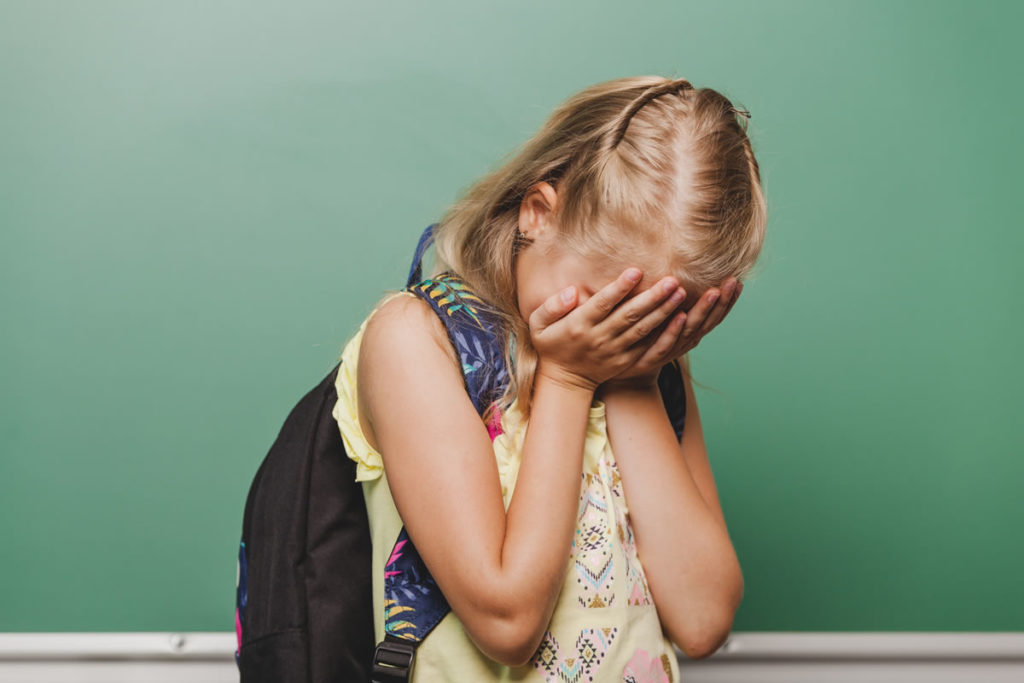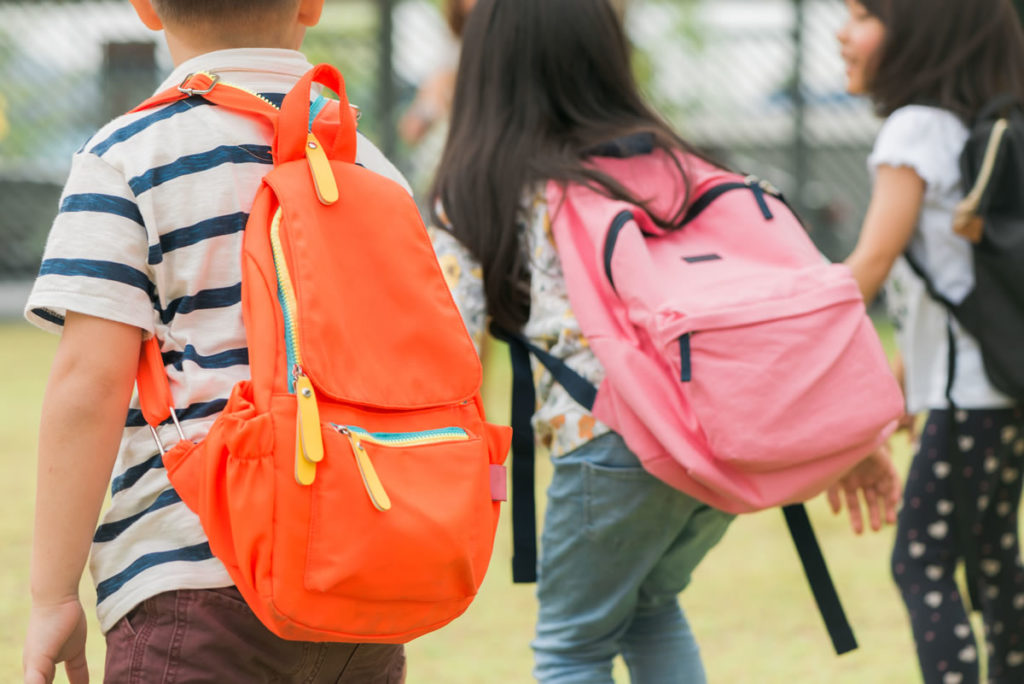The first time our children go to school, they are usually about three years old, and it is a new stage that represents a great change in their short lives. The security they feel at home with their parents or guardians is suddenly threatened by a new place where people they have never seen set “new rules” for them and invite them to do very different things. As if this were not enough, they should share their things with children until today also unknown, with very different personalities and ways of reacting …
That is why it is very normal that children who start school for the first time need to take an adaptation period that allows them to understand that this new experience is good for them, and that during it they will be able to learn many new things and have a great time. Taking this period of adaptation seriously as parents will make the little ones feel much more protected and that they can overcome that “barrier” of facing the unknown in less time and with less or no trauma.

All children react in some way to this situation and your little one’s case is probably no exception. It is logical that when feeling insecure, children use all the defense resources they know, including: uncontrollable crying, kicking, attempts to escape, hitting adults and other children, not wanting to eat, sleep, and even go back a few years and return to pee in pants. In the face of sudden changes, children can feel lost and abandoned , and therefore seek to attract the attention of adults as a request for support.
That is why your peace of mind as a father and / or mother will be the best tool for this important moment. It is true that the idea of having to leave your little one at school can fill you with sadness and make you want to go back, but you must have courage and think that it is a necessary step that we have all gone through. And above all, do not be overwhelmed, because you will see how in a short time your child will be delighted with his new friends and teachers.
Steps to follow before starting school
The first thing we recommend is that before starting the classes you take into account some of the following guidelines that may be useful to you:
- Talk at home about school and all the good things that you will find there. You can describe how beautiful her class is going to be and how much fun she can have meeting new friends.
- If possible, visit the school with your son or daughter, as this will help them become familiar and not feel so strange on the first day.
- A few days before, and as far as possible, you should start to get used to the new schedules: that he goes to bed earlier, that he gets up a little earlier, that he adopts the same meal times as possible. There if he will stay in the dining room … A kind of “short course” prior to the routines that he will have to face later .
- The first days of this process are important for children, so it would be ideal if you could accompany your child, even if someone else is going to bring them later, such as grandparents. The first few days he will appreciate your presence because he will see how his parents feel confident and safe to leave him there.
- You will have to be very natural and show your joy for staying at school . If he sees you cry or notices some sadness, his distrust and feeling of abandonment will return. He will feel that you are leaving him in a bad place for him.
- In the afternoon, at pick-up time, it is important to be punctual, because children can suffer a lot with every minute of your delay, and then it is very possible that what would have progressed on that or other days will be collapsed by new fears .

The beginning of schooling should be taken as something natural and not as a traumatic process . In principle, you choose your children’s school and that is why you must trust the people to whom you entrust them and transmit that trust to the child. Do not forget that school is not a world apart from home or family, but an extension of the education that is being given in it. That is why you must contribute so that the two worlds where your children will develop coexist harmoniously and complement each other effectively. Always remember that the school is not a store for children, nor are teachers babysitters … parents and teachers must share, each in his or her own way, the very important educational function so necessary for life.











































































































